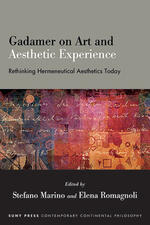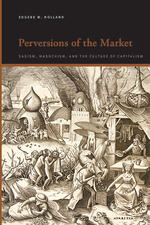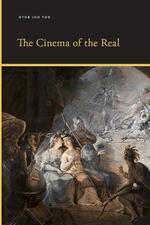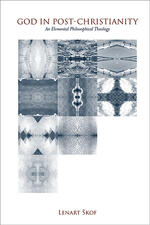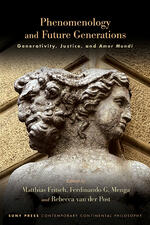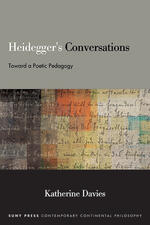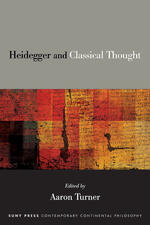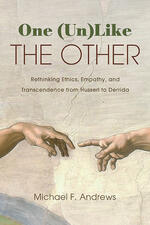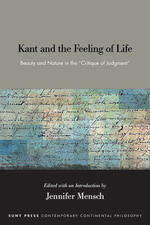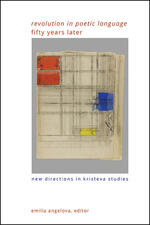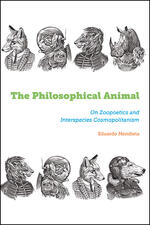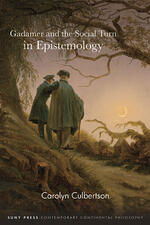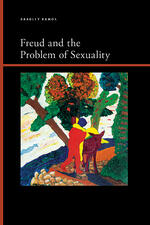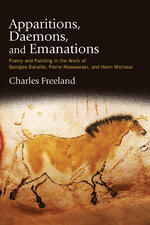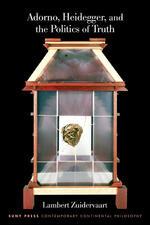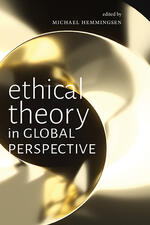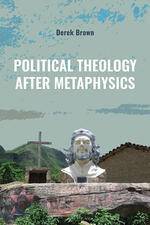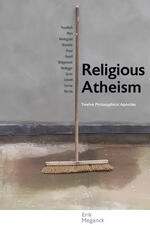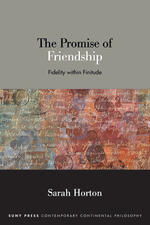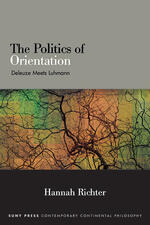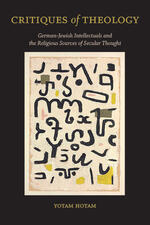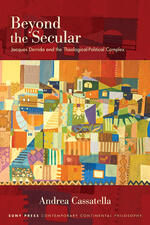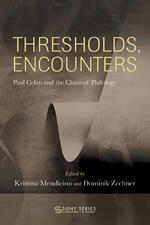Continental Philosophy
Gadamer on Art and Aesthetic Experience
Original essays on Hans-Georg Gadamer's hermeneutical aesthetics and philosophy of art, written by some of the most important authors in this field, disclosing the possibility of a renewed understanding of Gadamer's thinking in the context of current aesthetic debates.
Perversions of the Market
An engaging analysis of the catastrophic ways capital perverts market dynamics by a leading scholar of Deleuze.
Reimagining Europe
Essays addressing, from various angles, the relationship between Europe and philosophy in today’s crisis-ridden contexts such as xenophobia and migration.
The Cinema of the Real
Alters the landscape of Lacanian film theory by revealing an “emancipatory drive” in transnational cinema.
God in Post-Christianity
Argues for a new elemental and sensory experience of God.
Phenomenology and Future Generations
Demonstrates the fertility of the phenomenological tradition of philosophy for intergenerational justice and climate ethics.
Heidegger's Conversations
Offers the first comprehensive study of Martin Heidegger's five conversational texts.
Heidegger and Classical Thought
Explores Martin Heidegger's rich and profound engagement with ancient philosophy and literature and demonstrates both his essential place within the discourse of classical studies and the fundamental significance of classical thought for his own work.
One (Un)Like the Other
Aims to rethink ethics and transcendence in light of the phenomenology of empathy and social ontology.
Fichte's 1804 Wissenschaftslehre
Illuminating new essays on Fichte's 1804 Wissenschaftslehre, or The Science of Knowing.
Kant and the Feeling of Life
Collects together for the first time essays devoted to a detailed historical and systematic discussion of the topic of life in Kant's work.
"Revolution in Poetic Language" Fifty Years Later
Revisits Julia Kristeva's magnum opus on the fiftieth anniversary of its original publication to open up new paths of interdisciplinary inquiry.
The Philosophical Animal
Argues that humans are animals that philosophize about their condition by fictionalizing other animals.
Gadamer and the Social Turn in Epistemology
Explores Gadamer's hermeneutic theory of understanding and puts this theory into conversation with several social epistemologies, including feminist epistemology.
Freud and the Problem of Sexuality
A fresh, provocative reading of Freud's theory of sexuality.
Apparitions, Daemons, and Emanations
A study of non-representational art and poetry in the work of Bataille, Klossowski, and Michaux.
Adorno, Heidegger, and the Politics of Truth
A critical and creative reconstruction of Adorno's conception of truth that shows its relevance for contemporary philosophy, art, and politics.
Ethical Theory in Global Perspective
A straightforward, accessible introduction to core theories in normative ethics from Western and non-Western philosophy suitable for the classroom.
Political Theology after Metaphysics
Argues for a revolutionary political theology that can be used to combat racism, sexism, and other forms of oppression.
Religious Atheism
Calls into question the traditional polarity of theism and atheism.
The Promise of Friendship
Argues that friendship is the gift of a world that is not one's own and that transforms one's world in unforseeable ways.
The Politics of Orientation
Interlinks Gilles Deleuze's critical philosophy with Niklas Luhmann's systems theory to unpack contemporary democratic politics as a contest for complexity-reducing orientation in sense.
Critiques of Theology
Argues that the modern practice of critique emerged out of religious traditions and can in many ways be traced back to them.
Beyond the Secular
Investigates, through a critical exploration of Derrida's political thought, the foundations of modern secular discourse in relation to issues of race and colonialism.
Thresholds, Encounters
Explores the various ways in which poetic and philosophical writing meet in texts by, and on, Paul Celan.
